In 2017, China’s chip industry imported a staggering $260.14 billion, accounting for about 68.8% of the world’s total. Many people associate chips solely with the CPU (Central Processing Unit) of computers and smartphones, but chips come in various forms.
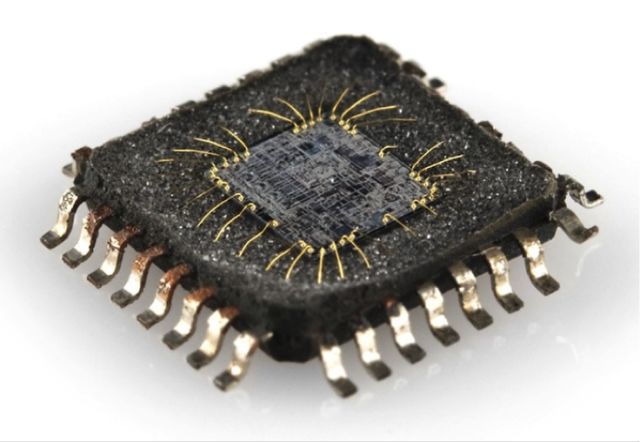
△ The chip core after removing the cover
Chips are everywhere
Your router at home requires a chip, and appliances like refrigerators, washing machines, air conditioners, and televisions also need chips. Even the traffic light systems on the streets rely on chips; chips are ubiquitous.
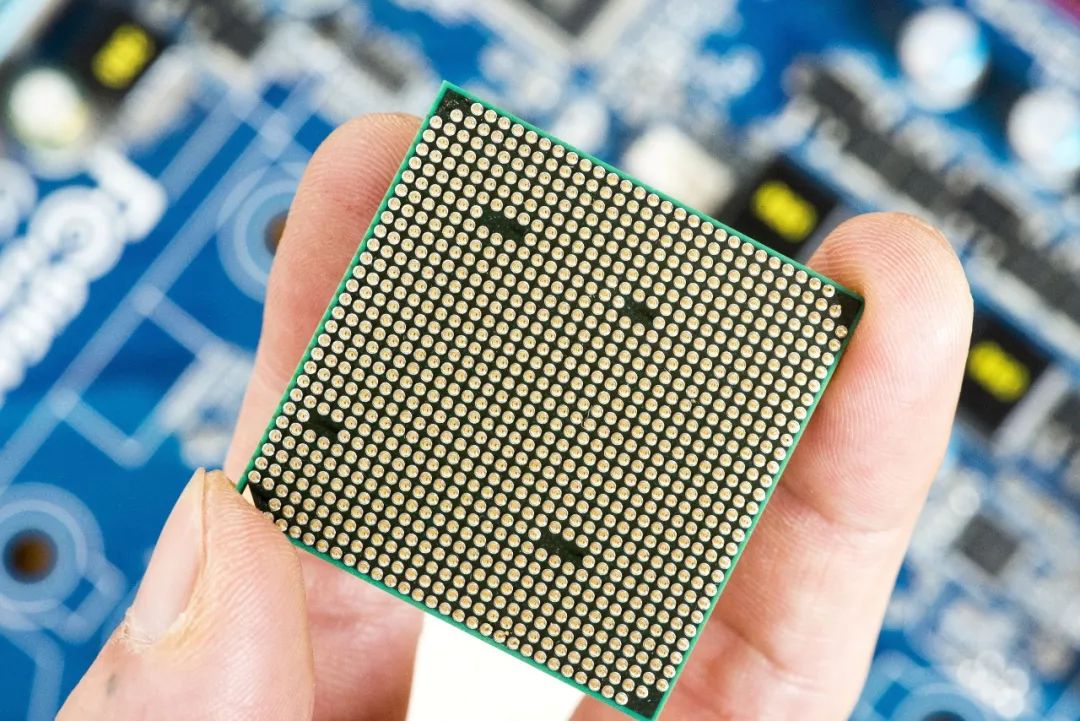 △ Chip / Visual China
△ Chip / Visual China
Unfortunately, this field is a weak point for us; currently, China’s chip self-sufficiency rate is very low. Does this mean that Chinese companies have no opportunities in the chip field?
To illustrate this issue, let’s first get to know something new, the NPU.
What is NPU?
In recent years, artificial intelligence (AI) has been thriving. Compared to the past, when it was more commonly seen in science fiction movies and novels, AI has now entered the public consciousness.
In terms of applications around us, features like voice assistants on smartphones, fingerprint recognition, facial recognition, and iris recognition are all scenarios of AI applications. Military and civilian drones are appearing in large numbers, and driverless vehicles are the trend of the future; all of these rely heavily on artificial intelligence.
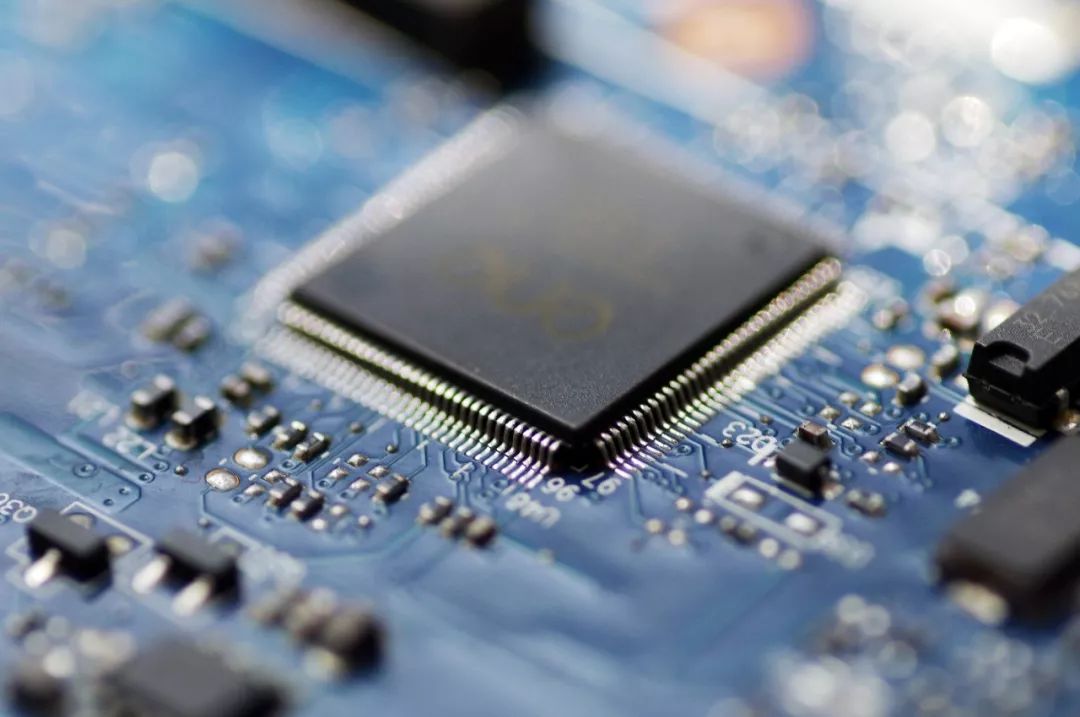 △ Chip / Visual China
△ Chip / Visual China
However, AI is not a castle in the air; it must be anchored to something, which is the chip. Traditional CPUs and GPUs (Graphics Processing Units) can also perform AI calculations, but their efficiency is very low.
This is easy to understand: a CPU can do everything, much like a person who can conduct scientific research, paint, sing well, dance excellently, write, give speeches, and understand management; this is the CPU—being well-rounded may mean being mediocre.
Given the importance of artificial intelligence and its wide range of applications, it is evident that we urgently need a chip that excels at intelligent algorithms and deep learning, which is the NPU, an embedded neural network processor.
Domestic Intelligent Chips
In September 2017, Huawei launched the world’s first artificial intelligence smartphone chip, the Kirin 970. It is called an “artificial intelligence chip” because the chip company added its own intelligent chip, the “Cambricon 1A,” to their chip.
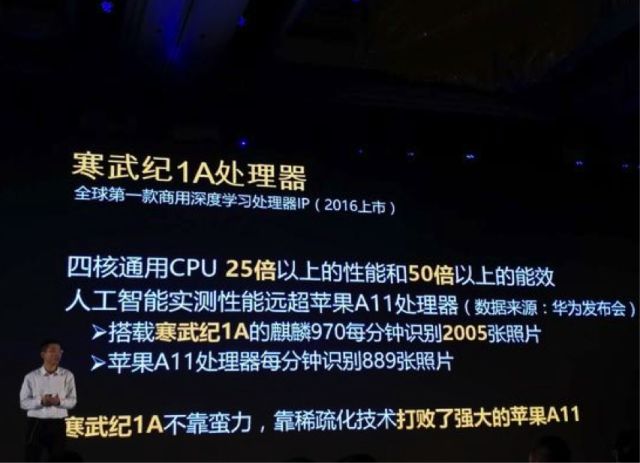
When handling AI applications, the performance of the “Cambricon 1A” is over 25 times that of a 4-core CPU, while consuming only one-fiftieth of the power.
The Kirin 970 chip equipped with “Cambricon 1A” can recognize 2005 photos per minute, while Apple’s A11 processor can only process 889 photos, and Samsung’s S8 can only recognize 95 photos per minute.
 △ Photo recognition speed comparison: left is Huawei phone, middle is iPhone 8, right is Samsung S8
△ Photo recognition speed comparison: left is Huawei phone, middle is iPhone 8, right is Samsung S8
NPU is Important
Artificial intelligence typically requires a significant amount of computation, some of which cannot be independently completed by a smartphone’s CPU. Those that can be completed either take a long time or consume a lot of power, making them not worth the effort. Undoubtedly, this limits the various applications of AI on smartphones and other terminals.
 △Machine Butterfly
△Machine Butterfly
Drones require processing a large amount of data during autonomous flight. If data cannot be processed, it must be uploaded to a more powerful server for completion. However, even after uploading, processing by the server and sending it back to the drone can take a lot of time.
But if a drone is equipped with an AI processor, it will have a greater capacity for local processing.
Not Blindly Optimistic, Not Blindly Pessimistic
Artificial intelligence is the key to the future. Currently, the best chip for carrying artificial intelligence is the “neural network processor,” but just as GPUs cannot function without CPUs, NPUs cannot operate without CPUs either. Looking at the entire chip field, China has yet to gain a significant voice, and the road to research and development is long and arduous.
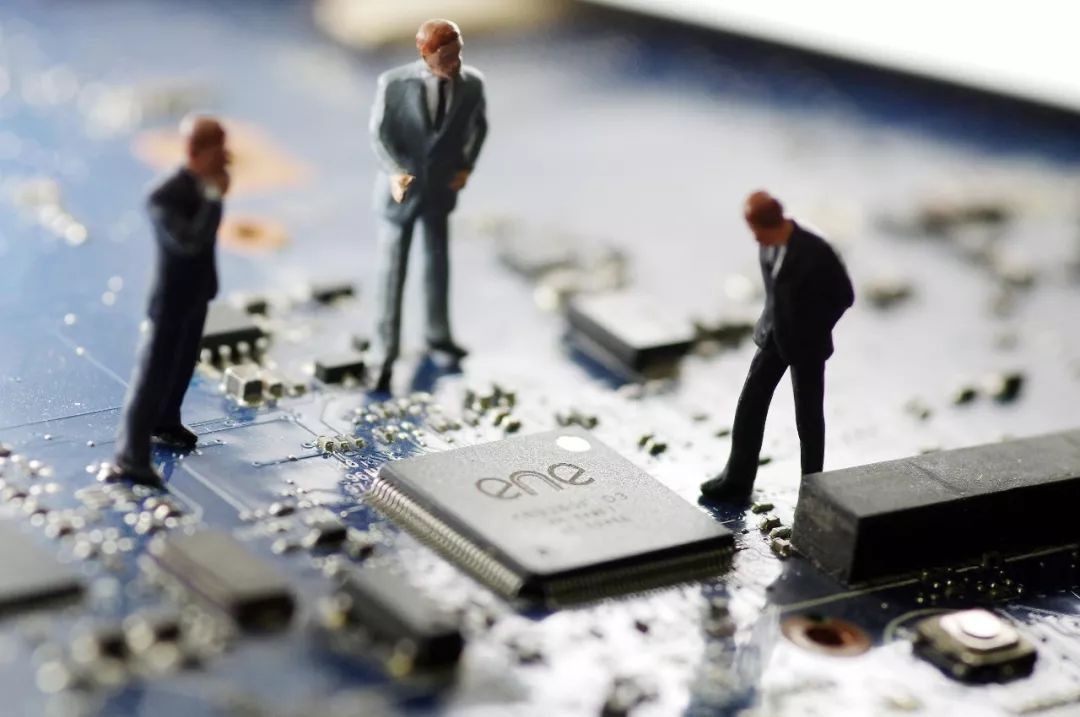 △ Chip / Visual China
△ Chip / Visual China
China’s lead in AI chips is temporary; without continuous investment in research and development, foreign chip giants with strong technical capabilities and ample funding can easily surpass us. Even if domestically produced NPUs remain ahead, it could be problematic if foreign smartphone manufacturers do not use them for various reasons.
Fortunately, we already have many domestic smartphone manufacturers; as long as the chip performance is good, I believe they will adopt it. The application scenarios for AI chips are not limited to smartphones; they will also flourish in drones, driverless vehicles, smart homes, and robotics.
▌Source of this article: China Science Popularization Expo
More News
-
Xi Jinping sent a letter congratulating the opening of the first Digital China Construction Summit
-
CCTV Commentary: Vigorously improve network governance capabilities
-
Goal: The seabed! “Qianlong No. 3” completes its first deep-sea dive
-
Determined, persistent, and focused on accelerating breakthroughs in core technologies in the information field
-
Another grand event! The first Digital China Construction Summit, take a look
-
What does smart living look like? Clothing, food, housing, and transportation, your life will change like this →
-
The Central Radio and Television Station’s studio appeared at the first Digital China Construction Summit
-
Ironclad Warriors! Tracked robots, the new weapon of the Rocket Army!
Supervised by/Yang Jihong Chief Editor/Zhang Tianyu Li Wei
Editor/Hong Shuo
© CCTV News